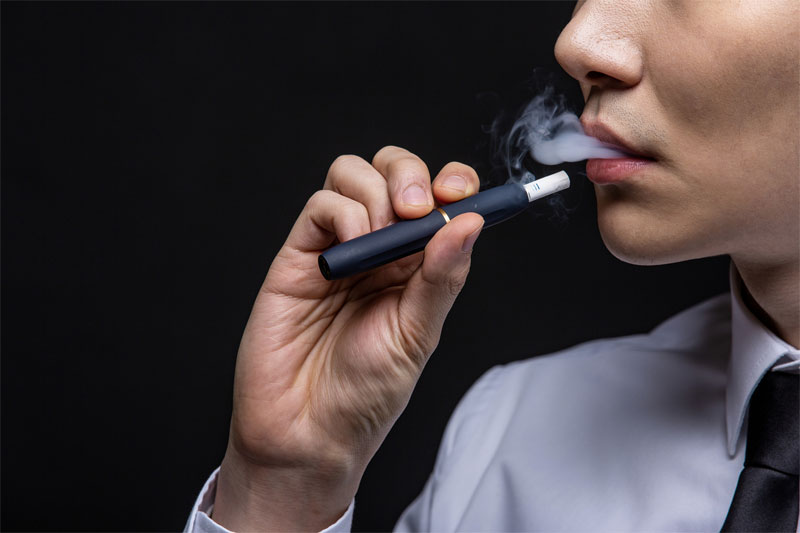Tracing Back to the Early Ideas
While the concept of smokeless cigarettes may seem futuristic, the very idea dates back quite some time. In fact, it’s not a recent phenomenon. The journey began in 1963 when Herbert A. Gilbert filed a patent for a device described as a “smokeless non-tobacco cigarette,” providing the first glimpse into what could evolve into the e-cigarette. However, Gilbert’s invention didn’t reach commercial production, possibly due to technological and societal constraints during that era.
The Modern E-Cigarette Emerges
Fast forward to 2003, when a pharmacist from China, Hon Lik, revolutionized nicotine consumption with his invention—the modern electronic cigarette. Motivated by the loss of his father to smoking-related illness, Hon Lik aimed to create a safer alternative. Utilizing piezoelectric ultrasound technology, this invention marked the arrival of the world’s first commercially viable e-cigarette, turning Hon Lik into a crucial figure in the e-cigarette saga.
Innovation and Commercialization
Once launched, e-cigarettes spread rapidly across global markets, especially noticeable from 2006 onwards . Manufacturers diversified and refined designs, which transitioned from first-generation cig-a-likes to today’s sophisticated vape mods. This evolution mirrored advancements in battery technology and atomizer efficiency, catering to varying consumer preferences.
. Manufacturers diversified and refined designs, which transitioned from first-generation cig-a-likes to today’s sophisticated vape mods. This evolution mirrored advancements in battery technology and atomizer efficiency, catering to varying consumer preferences.
As global awareness grew, so did scrutiny. Regulatory challenges and discussions began emerging, influencing both production and marketing strategies. Influenced by these challenges, companies adapted, securing a place within a dynamic marketplace.
When Was E Cigarettes Invented in Popular Culture?
As the invention snowballed into mainstream use, e-cigarettes became a cultural phenomenon, influencing not just public health but also social dynamics. Media representation played a vital role in shaping perceptions, which often oscillated between exaggerating health benefits and warning against usage risks.
E-cigarettes have become a staple in the conversation about tobacco harm reduction—a testament to their journey from invention to cultural icon.
FAQs
- How do e-cigarettes work?
- E-cigarettes heat a liquid mixture containing nicotine, flavorings, and other chemicals to create an inhalable vapor, offering an alternative to traditional smoking methods.
- Are e-cigarettes safer than traditional cigarettes?
- While e-cigarettes may reduce exposure to some harmful chemicals found in combustible tobacco, they are not entirely risk-free, especially with long-term use.
- What influences e-cigarette regulations?
- Factors include scientific research findings, public health policies, smoking prevalence, and cultural attitudes, which together shape regulatory frameworks worldwide.


